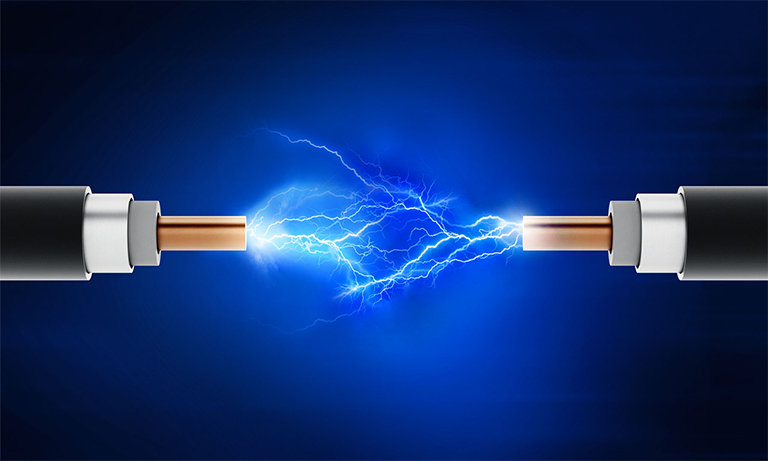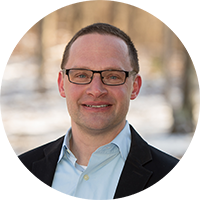Artificial Intelligence-Based Fault Detection and Localization for Underground Cables

Traditional signal detection methods require an explicit prescription of partial discharge features that characterize the state of the cable system. When the sample size is sufficiently large, deep learning models allow complex interrelations of auto-generated features. A distinct challenge is the characterization of the waveform signal, which depends on cable length.
In this webinar, an overview of the developed deep learning models for an extensive partial discharge dataset to automate the detection of underground cable defects will be provided. The developed deep learning models outperform predictions with traditional methods. In addition to classifying partial discharge signals, the models identify source locations of the defects within a cable system through recurrent Neural Networks. Additional assessments include advanced data augmentation strategies and interpretability to verify the potential use of the model for predictive maintenance.
Date and Time
Location
Hosts
Registration
-
 Add Event to Calendar
Add Event to Calendar
Loading virtual attendance info...
- Contact Event Host
- Co-sponsored by Power and Energy Systems Research Laboratory
Speakers
 Steffen Ziegler
Steffen Ziegler
Biography:
Steffen Ziegler holds a Master of Science degree in Electrical Engineering from the Karlsruhe Institute of Technology - Germany. During his studies he received a one-year scholarship to study at the University of Connecticut. At the University of Connecticut, he studied in the field of electrical engineering including the successful completion of an independent study with Prof. Dr. Matthew Mashikian. In addition, he studied trumpet performance with Prof. Daniel Patrylak at the School of Fine Arts. Mr. Ziegler works for Eversource Energy as a Lead Engineer in Advanced Forecasting and Modeling. His career began at IMCORP in 1999, where for over twenty years his positions included Director for Signal Analysis and Artificial Intelligence and Manager for Research and Development. He has specialized in the field of digital signal processing applications and machine learning and deep learning applications for Power Systems. Mr. Ziegler has published peer-reviewed papers for Jicable, Cired, IEEE and IPST. He has presented at numerous conferences, including PES-ICC, EUEC, Grid Modernization Forum, and MathWorks Energy Speaker Series. He is a member of IEEE PES and VDE Germany and a working group member of the Insulated Conductors Committee (ICC). Past memberships also include the Cigré B1.28 working group. Since 2015, Mr. Ziegler has been a member of the Industrial Advisory Board of the ECECS department at the University of New Haven in Connecticut.

